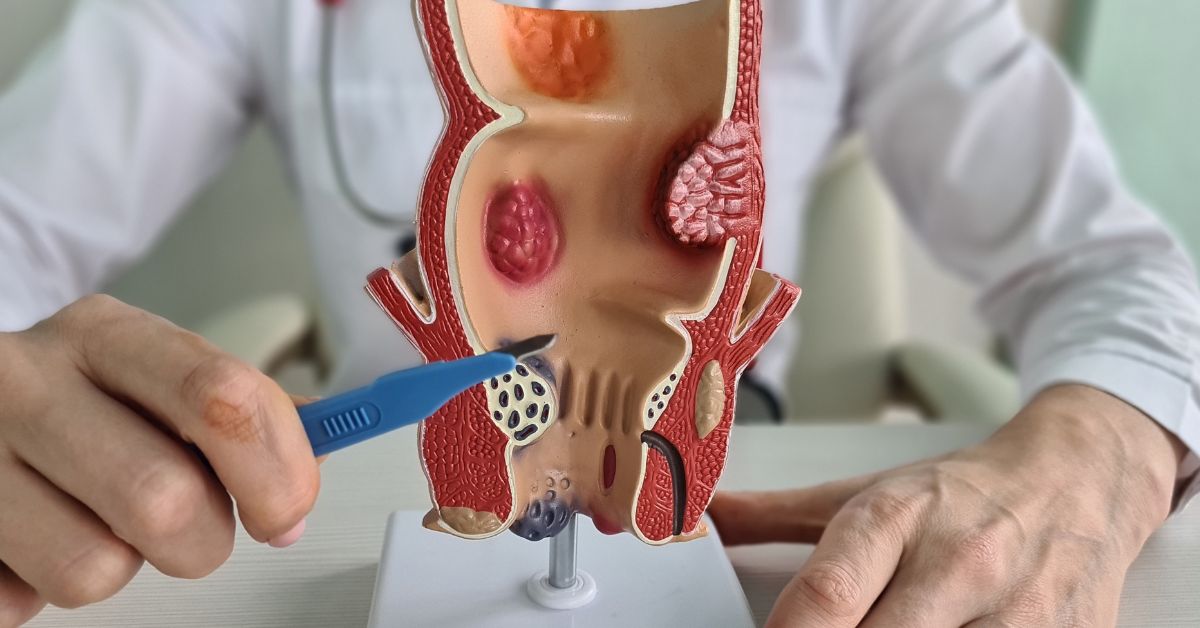A diagnosis of rectal cancer can feel overwhelming, and deciding on the best course of treatment can be challenging. In this article on rectal cancer treatment options, we provide a clear, in-depth overview of available treatments – from diagnosis to surgery and adjuvant therapies.
Back to Main Channel: Rectal Cancer Treatment
Schedule a consultation with a specialist
Why Treatment is Important
Rectal cancer is a serious condition that requires timely and effective treatment. Early detection greatly improves outcomes, as tumours confined to the rectum and nearby lymph nodes have a much higher chance of successful treatment. Understanding the full range of treatment options and consulting with the right specialist can significantly affect prognosis and long-term quality of life.
Typical Treatment Pathways for Rectal Cancer
Treatment depends on several factors: tumour stage, location in the rectum, overall health, and patient preferences.
Surgery
Surgery is the primary treatment for most rectal cancers. The goal is to remove the tumour and any affected lymph nodes. Surgical options include:
- Local excision: Suitable for very early or small tumours confined to the rectal wall.
- Low-anterior resection (LAR) or ultra-low resection: Common for tumours higher in the rectum, preserving bowel function.
- Abdominoperineal resection (APR): Required for very low tumours, sometimes resulting in a permanent stoma.
Minimally invasive surgical approaches
Modern surgery often uses minimally invasive techniques, which reduce recovery time, pain, and hospital stay:
- Laparoscopic and robotic surgery: Key-hole approaches for larger or deeper tumours, offering precise dissection.
- Transanal Minimally Invasive Surgery (TAMIS): Accesses the rectum through the anus, avoiding abdominal incisions. TAMIS is suitable for early-stage tumours and large polyps when preservation of bowel and sphincter function is desired. It is not suitable for deeply invasive tumours, involvement of adjacent organs, or metastases.
Advantages of minimally invasive approaches, including TAMIS:
- Reduced post-operative pain and scarring.
- Shorter hospital stay and faster recovery.
- Better preservation of bowel and sphincter function.
Considerations:
- Requires an experienced colorectal surgeon.
- Not all tumours are suitable candidates.
- Post-operative surveillance is essential.
Radiation therapy and chemotherapy
Depending on tumour stage and risk factors, radiotherapy and chemotherapy may be recommended:
- Neoadjuvant therapy: Administered before surgery to shrink tumours, making surgery easier and increasing the chance of sphincter preservation.
- Adjuvant therapy: Administered after surgery to eliminate any residual cancer cells and reduce recurrence risk.
Targeted therapy and immunotherapy
For advanced or metastatic rectal cancers, treatment may include targeted therapy or immunotherapy under the guidance of a medical oncology specialist.
Multidisciplinary care and follow-up
Optimal outcomes are achieved when colorectal surgeons collaborate with oncologists, radiologists, and pathologists to create a personalised treatment plan. Long-term follow-up includes colonoscopy, imaging, and lifestyle management to monitor for recurrence and maintain health.
How to Choose the Right Specialist and What to Ask
Which specialist to consider:
- A colorectal surgeon experienced in rectal cancer and minimally invasive techniques.
- Part of a multidisciplinary team.
Questions to ask:
- What is my tumour stage and what treatment options are available?
- Am I eligible for minimally invasive surgery or TAMIS?
- What is the expected recovery time and risk of requiring a stoma?
- What will post-operative life look like?
- What is the follow-up plan and estimated costs?
Specialists You May Consider

For inquiries or for an introduction to a specialist colorectal surgeon or oncologist, contact us below.
Summary: Your Pathway in Brief
- Diagnosis and staging (colonoscopy, MRI/CT, biopsy).
- Multidisciplinary team review.
- Treatment plan (surgery – including minimally invasive options, radiotherapy, chemotherapy)
- Recovery and rehabilitation.
- Follow-up surveillance.
- Lifestyle modifications.
Frequently Asked Questions (FAQs)
1: What is rectal cancer?
Rectal cancer refers to cancer in the rectum, the final part of the large intestine. It differs from colon cancer in location and sometimes in surgical approach.
2: What symptoms should I watch for?
Symptoms include blood in the stool, persistent changes in bowel habits, feeling of incomplete evacuation, abdominal discomfort, unexplained weight loss, and fatigue.
What is the recovery like after minimally invasive surgery or TAMIS?
Recovery is typically faster than with open surgery, with a shorter hospital stay and earlier return to normal activities, though it depends on individual cases.
What is the likelihood of cure?
Early-stage rectal cancers have high cure rates. Prognosis depends on tumour stage, overall health, and timely treatment.
Disclaimer: 365Asia aims to provide accurate and up-to-date information, our contents do not constitute medical or any professional advice. If medical advice is required, please consult a licensed healthcare professional. Patient stories are for general reading. They are based on third-party information and have not been independently verified.








